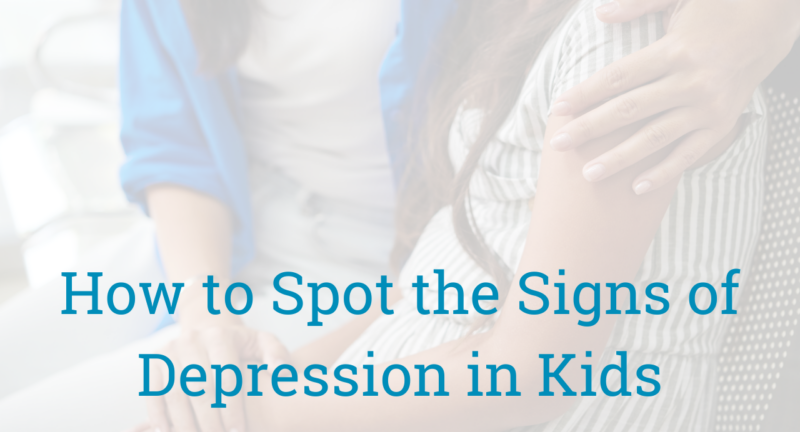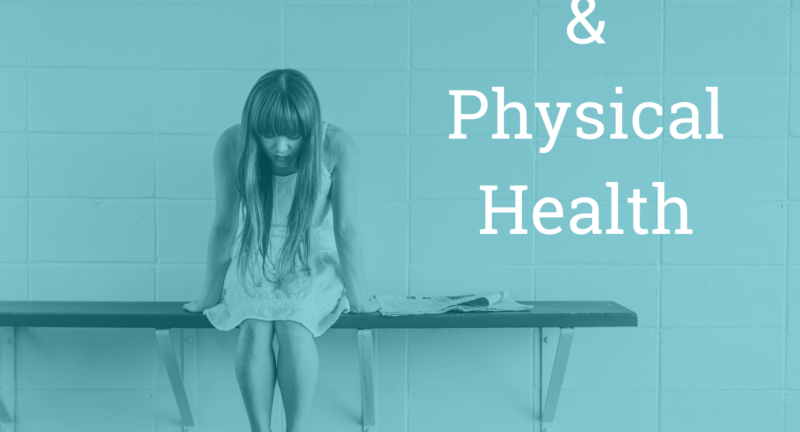
What Is Postpartum Depression?
Welcoming a new life into the world is nothing short of a miracle. The little coos, tiny fingers, and the inexplicable bond formed between a mother and her baby are the very essence of life’s most profound blessings.
However, alongside these heartwarming moments, many new mothers find themselves navigating emotional waters that can sometimes be tumultuous. It’s common to hear about the “baby blues“, those feelings of tearfulness, mood swings, and perhaps a touch of anxiety that can follow childbirth. This typically appears a few days after giving birth and can last up to two weeks. These baby blues affect 80% of new moms, according to the Mayo Clinic. Baby blues are common, but it eases up within a few days or weeks.
But what happens when these feelings deepen or linger beyond those initial two weeks?
What Is Postpartum Depression?
Postpartum depression is much more than the baby blues.
Postpartum depression (PPD) is a more severe, long-lasting form of depression. Unlike the baby blues, PPD doesn’t fade away on its own and can appear days or even months after delivering a baby. Symptoms may include intense sadness, anxiety, or despair and can be so powerful that it’s challenging for the mother to care for her baby or herself.
Family members and loved ones play a pivotal role during this time. Recognizing the signs is crucial.
Watch the video below to learn more about postpartum depression.
How to Support a New Mom with Postpartum Depression
Beyond that, offering support can come in many forms:
- Lend a Listening Ear: Sometimes, the opportunity to talk about her feelings can make a world of difference for a new mom.
- Help with the Baby:Offer to babysit for a few hours so the mother can get some much-needed rest or sleep. Sleep deprivation can exacerbate feelings of depression.
- Encourage Professional Help: Encouraging a loved one to seek medical attention and therapy can give her the tools to cope and recover.
Let’s make it a point to support and uplift the new mothers in our lives. Recognizing and addressing postpartum depression not only ensures the well-being of the mother but also lays a foundation of health and happiness for the newest addition to the family.
Do You Need Help?
Our multidisciplinary team can help you navigate postpartum depression as well as postpartum anxiety. To make an appointment in our Louisville, Kentucky, office, click here to get started.
Related Posts
How to Spot the Signs of Depression in Kids
December 20, 2024
Depression in children can be difficult to recognize, especially since kids often...
How Untreated Depression Can Negatively Impact Your Health
September 2, 2020
Over 322 million people live with depression, according to the American...


